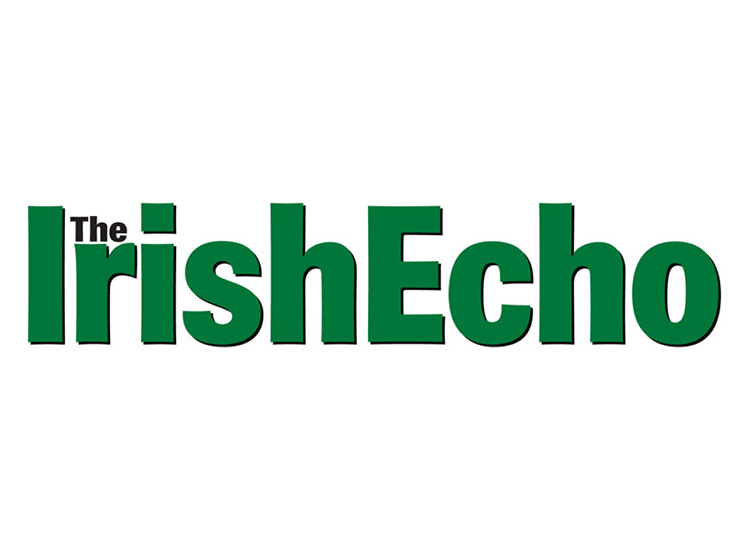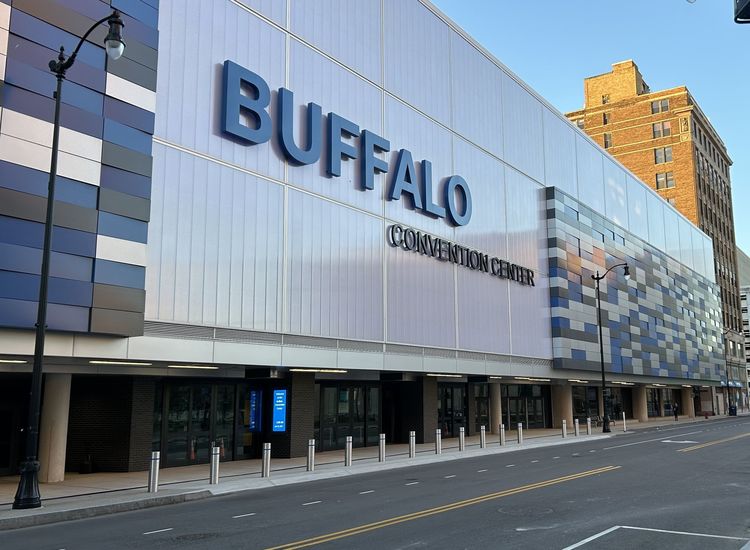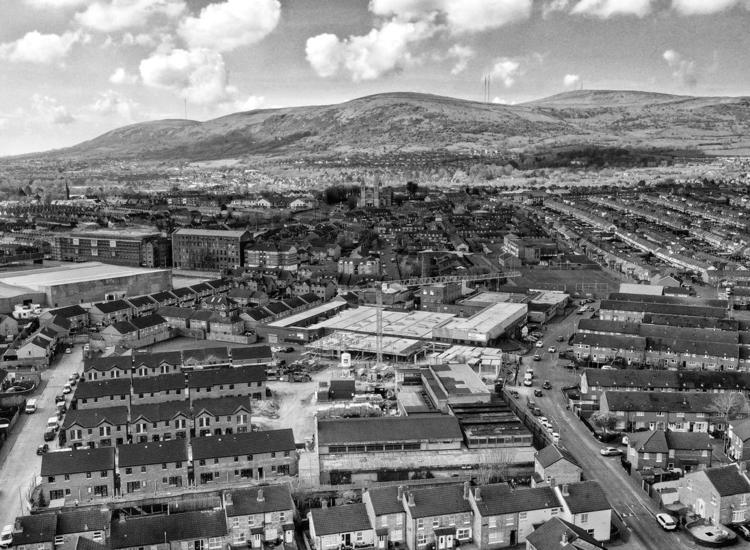By Áine Ní Shionnaigh
On Thursday last I attended a special screening of Calvary as part of the Tribeca Film Festival www.tribecafilmfestival.com in conjunction with Craicfest www.thecraicfest.com
It is important to clarify what the movie is not about: it’s not about the Catholic Church, it’s not about child abuse, it’s not about the role of a priest, it’s not about life in a rural West of Ireland community. The central theme of this movie could just as easily be based in the midst of NYC or on a remote hilltop village in Nepal. It runs so deep. It is about the fundamental need within all of us to experience love and goodness in our lives and what happens when we don’t. It also addresses the abuse of power, how a position of privilege can be used to redeem people or destroy them.
The central role played by Brendan Gleeson is that of a priest, Fr James Lavelle. However, the priest’s role could easily be transferred to anyone in a position of privilege.
He is a person people look towards; they also use him as a punch bag literally and figuratively. Interestingly the priest is portrayed as a non judgmental, compassionate person, who has already faced his own trials, he is a recovering alcoholic, he is widowed, and his only daughter is suicidal and feels abandoned. He faced his own fears and is therefore able to help others face theirs. He’s not in denial himself. He is a man who has been challenged to face his deepest fears. He has been stripped, hence the symbolism of his almost Spartan like existence in a remote fishing village.
The stereotype has been flipped. It is not about sin, it is about virtue. It is the parishioners that need redemption. Through Father Lavelle’s non-judgmental eyes, he can see that fear is at the root of all their inadequacies: fear of abandonment, fear of being unloved, fear of death. They try to fill the void by desperately scratching for love in all the wrong places leading to addictions to drugs, sex, materialism, which only perpetuate their problems. A lesson for all of us how we perpetuate our problems by using denial as a means of self protection. His parishioners are probably where Fr Lavelle himself was a few years previously, using alcohol to numb his pain.
The authentic West of Ireland scenery is spectacular: dramatic and daunting. There is a ruggedness and rawness to the scenery that reflects the internal turmoil in each and every one of us. Throughout the movie, there are various shots of Ben Bulben in all its menacing magnitude, casting it’s huge shadow over the community below, symbolizing how pain in our own lives can completely overshadow us. The ebbing tide of the ocean symbolized for me the continuity of life, how we flow in and out of each other’s lives like waves, leaving each other permanently altered.
What speaks volumes to me in this movie is what it portrays. It portrays the priest in a good light. Although the opening line mentions the unmentionable, child abuse by a cleric, the movie focuses more on the pain Father Lavelle feels for the abused rather than the anger directed at him in the place of the abuser. The priest tries to absorb the pain of his parishioners and innocently takes the blame of the Church as a whole on his shoulders. Another one of the opening lines is very telling: “I’m going to kill you because you’ve done nothing wrong.” One of the most poignant points of pain in the movie is when Father Lavelle innocently befriends a little girl who is on her way down to the beach. The violent reaction of the girl’s father when he sees her talking to a priest etches a permanent expression of pain into Fr Lavelle’s already furrowed brow. He is at his lowest point.
Gleeson’s presence on screen immediately transforms and elevates any film. He deserves more than an Oscar for this portrayal. His face is like an open wound. What deepens Gleeson’s appeal is his physicality. He stands tall above his community both in feet and in honor. He is a large figure looming above everyone dramatized by the black soutane he wears. Again he is reminiscent of Ben Bulben, the huge mountain range that dominates the community. He is broad, barrel chested, protective, fierce almost but kind. Every furrow on his deeply furrowed brow and every whisker on his over bearded face all contribute to his changing expressions of emotions, usually pain which is almost like a flicker of recognition. Every furrow symbolizes a pain of a member of his community. He is genuine. Actors don’t come in a purer form than Gleeson. To compare Gleeson’s leading role in Calvary to his leading roles in ‘In Bruges’ and ‘The Guard’ almost trivialize his role in this movie. Playing Father James Lavelle is a cathartic role for Gleeson.
‘Calvary’ is about the fundamental journey that we are all on: the internal struggle within all of us, pain and fear, isolation and recovery, strength and weakness. It is a beautifully written and produced film, extraordinary in its multifaceted and layered structure. It continually challenges the eternal question, how to maintain hope in a not so hopeful world. It is compulsory viewing.









